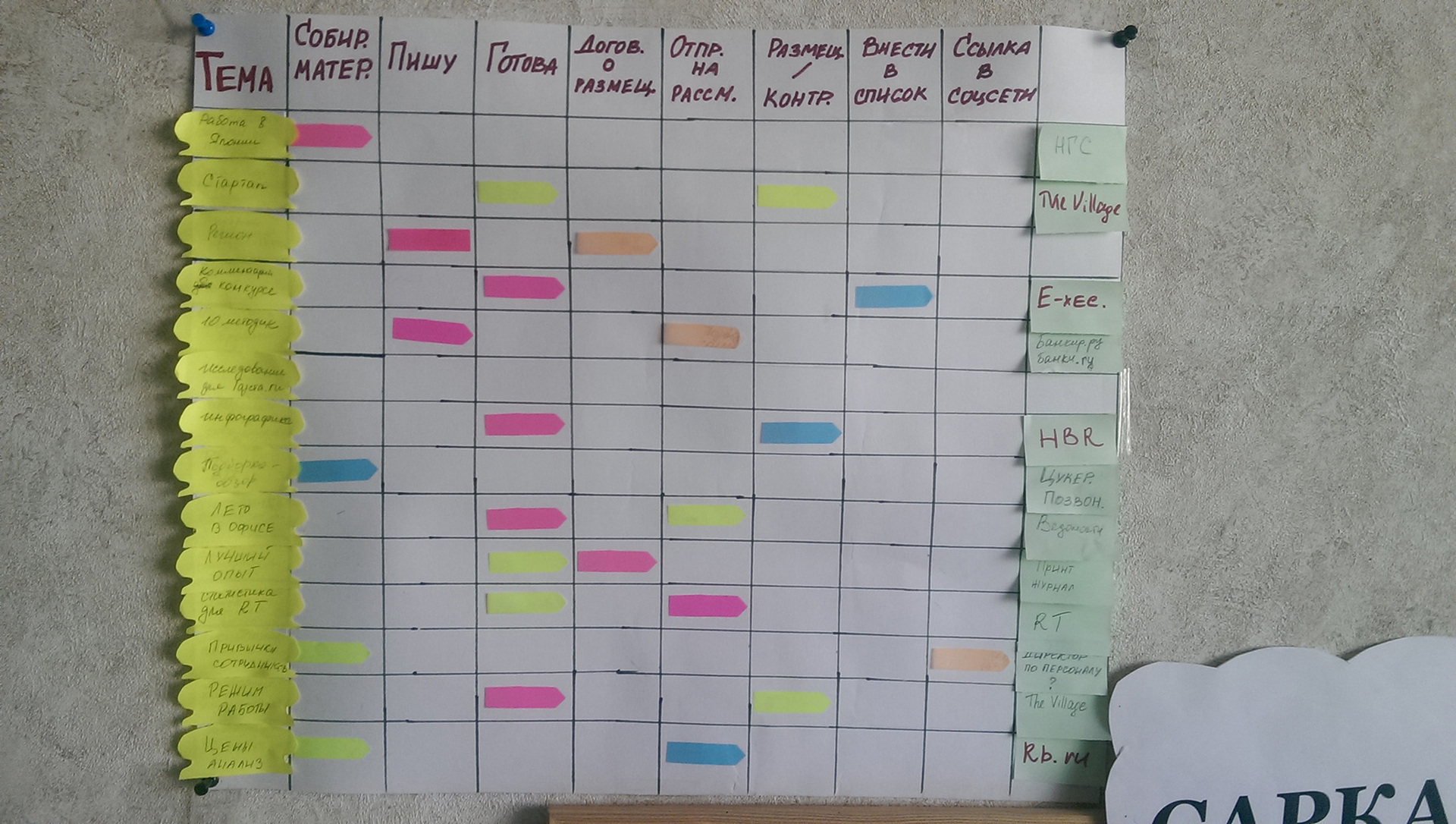Blonde in IT: what can a humanist learn from IT specialists?

I read an article by a service engineer girl on Habré who talked about her everyday life in the IT office. The article seemed to me not quite complete, mainly because the heroine didn’t talk much about the specific tasks of the engineer, and at the same time “walked” through the company’s infrastructure.
I, for example, were interested in precisely the working peculiarities imposed on the gender identity and corporate culture of the company. And then I myself decided to write for Habr a post about how humanities live in the IT community.
')
I came to the IT sphere 2 years ago. It is worth noting that before I was invited to work in the current company (the organization develops software), I had almost no interest in the news of the world of information technology. She worked with organizations from the fashion industry, manufacturing enterprises, headed the department of public relations at a large university. As you can see, it is very far from IT.
I understood perfectly well that, as a PR specialist, I must understand the product and its capabilities perfectly, know the market, the competing clients, and be able to talk about technologies as well as a real project manager. On behalf of the company, I had to communicate with the country's largest media outlets (to make contact with them beforehand) and “not to get into a puddle”, only my curious mind and my wonderful colleagues could help me.
I will say right away, after two years of work side by side, after my endless harassment with questions, requests “but explain again, simpler” and phrases “I am a humanist, explain again and, preferably, on birds”, I have never They sent me to Wikipedia, didn’t raise my voice, didn’t call them blonde, weren’t annoyed, and in general were suspiciously patient for hardened introverts.
The patience of colleagues and bosses turned out that after six months I calmly communicated with experienced journalist from IT-editions, told about the nuances of the product and that “our database is self-written in-memory, but for storage on the hard disk we use SQLite and as an alternative to PostgreSQL, because it has replication and clustering support from the box, edited specialized texts, etc. But the main advantage that I received while working with IT specialists was to increase the efficiency of my own work. The bonus for which I will always love the IT sphere is the desire to apply new technologies, methods and tools to increase productivity.
So, what IT tools / methods / practices are not used by many PR managers to increase their own productivity and are completely in vain? My top 5:
1. Kanban-board and scrum meetings . In case the post will be read and humanities, add a few details. These are separate elements of flexible development methodologies - Kanban and SCRUM, refer to Agile. Kanban as a term actually came from Japan, from the production system of Toyota, but I heard about it from programmers. To work in the PR department, we adapted the board, here is its very first option:

When they realized that it was “working and comfortable,” they asked the management for a magnetic marker board.
The convenience of scrum meetings was also appreciated: they help save time, do not “spread the thought along the tree” and be aware of each other's affairs. Previously, our planning tests could stretch on the clock and gave a much smaller effect.
2. Project management system ( Basecamp , Jira , etc.). Our company uses Wrike and, frankly, my humanitarian brain has long resisted it. Making the creative person understand the program and start planning something is still a challenge. We are always waiting for inspiration, we are illuminated by "brilliant ideas" that we forget, because there is no habit of recording tasks and setting them a deadline ... No one in the company put the PR department in special conditions. All work with wrike, so should PR. Now I no longer think of the start of the working day without viewing the current tasks, the system replaced my note pads, planning and endless stickers where ideas and to-do lists were recorded.
3. Collaboration tools (Google Docs, Dropbox, etc.) - have recently become increasingly popular, but a couple of years ago, many did not hear about them. We use gugldokami and I, to my shame, working in other companies, did not use their capabilities. Yes, this is how I had a neglected degree of "denseness".
4. The system of monitoring time at the computer ( DeskTime , Motivateclock , etc.). Our company enjoys corporate Crocotime , but the statistics are open to us. PR is usually blamed for idleness at work, not to say that it is always unfair. For me, this innovation in life has opened up two possibilities: the first is to show the authorities that I am better than some PR colleagues (the manager and any colleague can see my statistics); the second is to monitor what tasks I spend a lot of time on and analyze my productivity (yes, I also acquired the habit of analyzing in communication with my colleagues IT people).
5. Ability to automate routine work. This item is likely to cause questions, because it is not a tool, but an opportunity. But I decided to single out his name. Colleagues-programmers have made my dream a reality: I don’t have to manually count a lot of indicators that are important for the work of a PR specialist. It turned out that a simple script, which took away half a day from one developer, can save me from the eternal “headache” and automate the department’s monthly reporting. It was enough to write the TZ, put the puzzle for discussion in wrike and wait for the magic.
PS Special thanks to colleagues for opening Habr for me (along with Megamind and Giktimes) and the bashorg. And also for discussing “A Brief History of Time” at dinner, jokes about Penny from TBV and patience in my training).
Source: https://habr.com/ru/post/291974/
All Articles